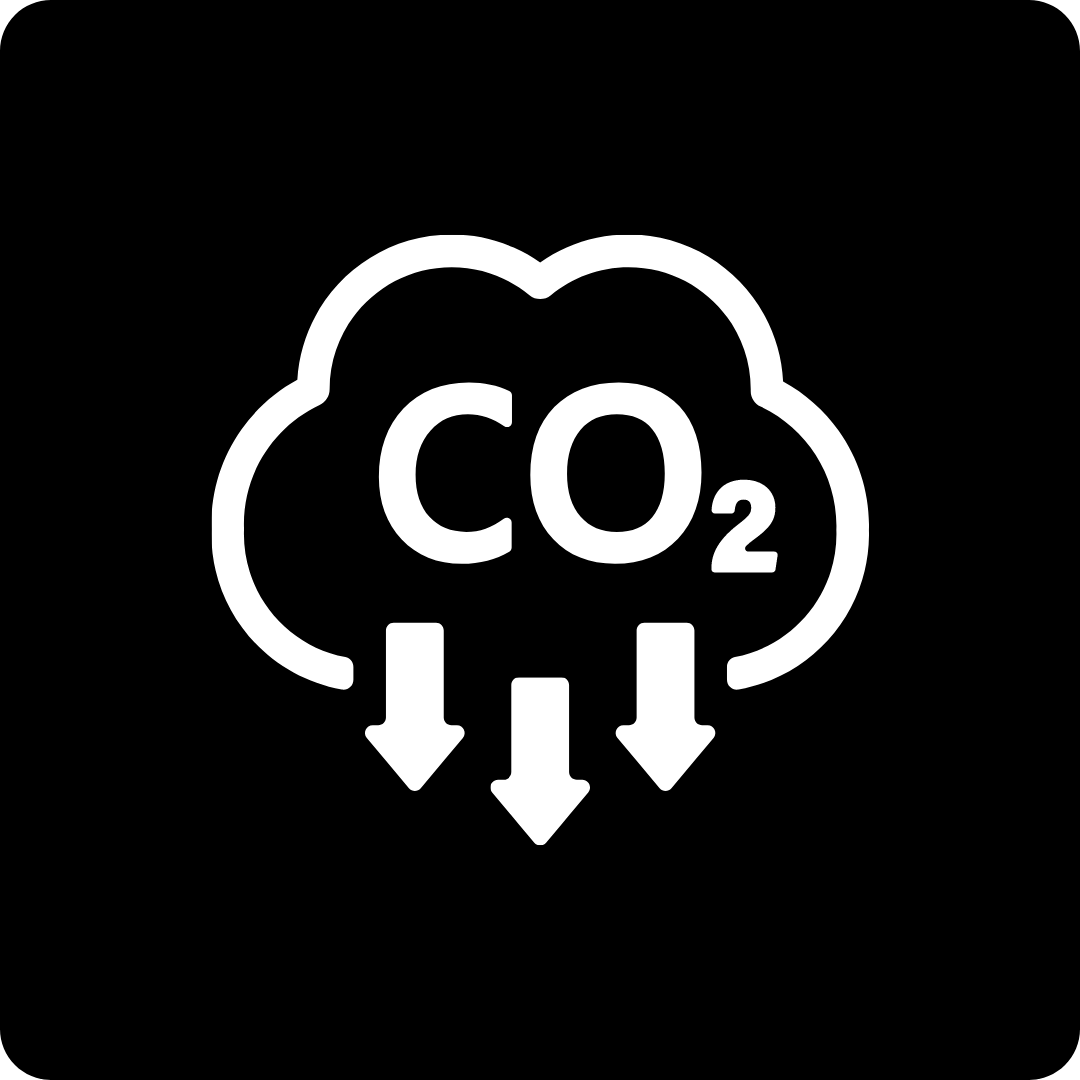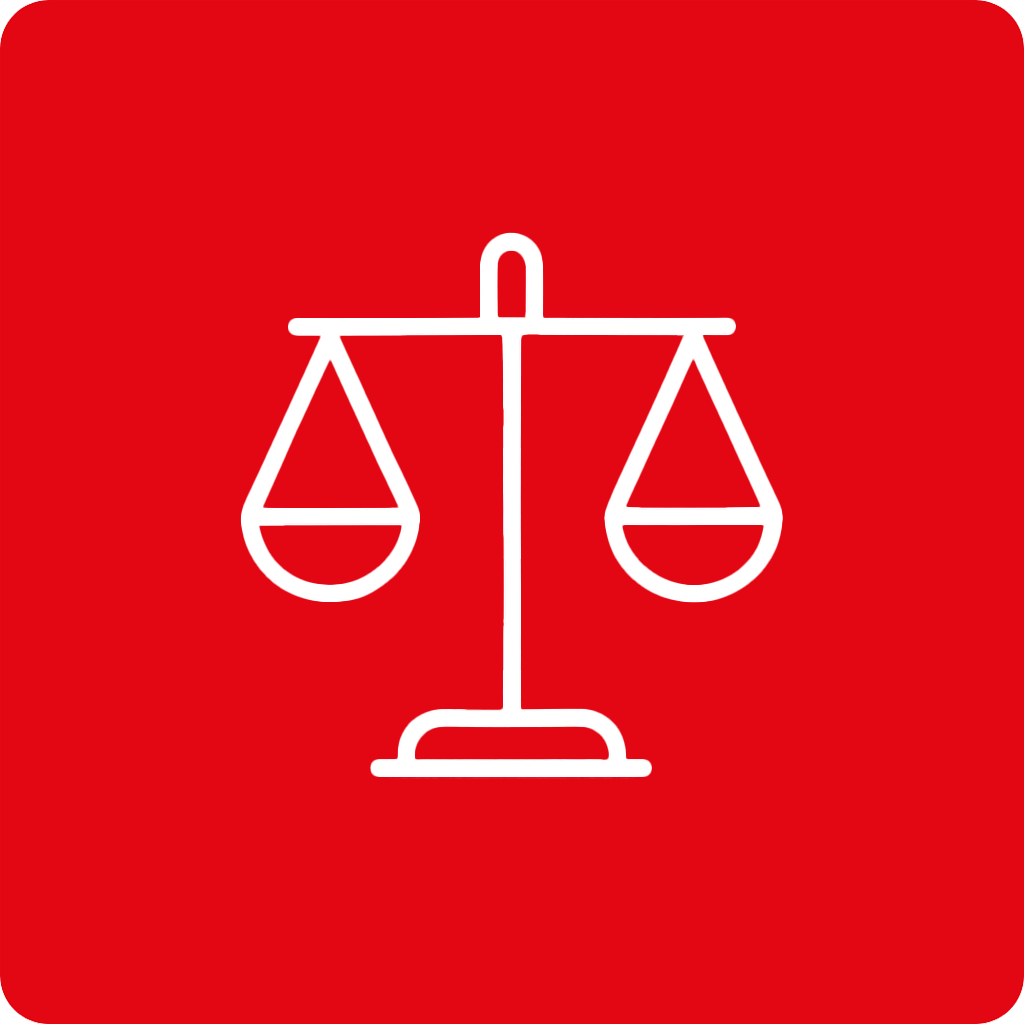SafeLane Global has adopted the Future-Fit ESG methodology
SafeLane Global creates safer environments wherever it goes, and in 2023 it decided to create a more sustainable world by adopting the Future-Fit ESG methodology.
What is Future-Fit?
The Future-Fit methodology is a framework that helps companies, like SafeLane, evaluate and improve their environmental, social, and governance (ESG) practices to ensure long-term sustainability.
Future-Fit provides a science-based set of goals and targets for companies to strive towards, including reducing greenhouse gas emissions, promoting diversity and inclusion, and improving supply chain management. It emphasises transparency and accountability, encouraging companies to report on their progress towards these goals and engage with stakeholders to drive meaningful change.
Our Future-Fit Goals
SafeLane has selected 8 out of the 23 Future-Fit goals and 2 Positive Pursuits as being the areas in which we can have the most influence and make the most progress.
This page will be regularly updated to report SafeLane's ESG progress. Future-Fit updates will also be published on SafeLane Global's news pages and social media.
More information about SafeLane’s Future-Fit goals can be found below:
 |
||||
| BE05 | BE10 | BE11 | BE12 | BE13 |
| Operational Emissions | Employee Health | Living Wage | Fair Employment Terms |
Anti-Discrimination |
 |
 |
|||
| BE14 | BE20 | BE21 | PP16 | PP22 |
| Employee Concerns | Ethical Business | Right Tax | Positive Pursuits - Community Health | Positive Pursuits - Strengthened Governance |
BE05: Operational emissions do not harm people or the environment
BE05 requires companies to prioritise the elimination of harmful emissions in all forms, including gaseous, solid, and liquid emissions. Businesses must assess their operations and identify areas where emissions can be reduced or eliminated.
SafeLane is committed to achieving this goal by assessing its emissions, setting targets for reducing its emissions, and taking action to reduce its impact on communities and the environment.
This goal is important because it helps SafeLane contribute to global efforts to mitigate climate change, while also protecting the health and wellbeing of people and the environment.
BE10: Employee health is safeguarded
BE10 involves ensuring that all employees work in physically safe environments, free from hazards and risks that could compromise their health or safety. Future-Fit businesses should have a zero-tolerance policy when it comes to harassment and bullying in the workplace, ensuring that all employees are treated with dignity and respect.
SafeLane Global takes a proactive approach to identify and mitigate potential health risks that may arise from their workplace environments, policies, and practices. This creates a safer and healthier workplace.
The Occupational Health and Safety Management System element of our Integrated Management System was re-certified for a further three years to ISO45001:2018 in 2024
BE11: Employees are paid at least a living wage
To achieve BE11, a Future-Fit business must offer fair compensation and ensure that all workers are paid a living wage that covers the essential costs of living in the regions in which they operate.
SafeLane Global is committed to paying their employees above a living wage, which is the amount required for a worker to meet their basic needs, such as food, housing, and healthcare. SafeLane's UK-Based operations recently achieved re-accreditation as a living wage payer by the Living Wage Foundation. We also measure the payments we make to contractors on our projects overseas to ensure they are also paid at least a living wage.
BE12: Employees are subject to fair employment terms
BE12 involves creating contracts between employers and employees that provide individuals with the basic protections, freedoms, and rights that are expected in a prosperous and equitable society.
SafeLane ensures it has non-discriminatory hiring and promotion practices, reasonable working hours, and safe and healthy working conditions for all. It continues to review its policies and practices to ensure that BE12 is constantly being met and exceeded.
BE13: Employees are not subject to discrimination
BE13 involves proactively examining and monitoring key practices such as recruitment, pay structures, hiring, performance assessment, and promotions to ensure that no discrimination occurs, even if it is unintentional. It involves taking steps to ensure that all individuals are treated equally, regardless of their race, gender, ethnicity, age, religion, sexual orientation, or other personal characteristics.
SafeLane has strict anti-discrimination and sexual harassment policies, as well as those relating to bullying, and harassment, to which all employees and contractors must adhere, and all of its employees/contractors are recruited based on their skills and abilities alone. SafeLane provides equal opportunities for all employees, regardless of their background or personal characteristics.
BE14: Employee concerns are actively solicited, impartially judged and transparently addressed
SafeLane creates a healthy work environment in all its operations, proactively addressing any issues that may arise, and has a written grievance policy and procedure which is managed impartially and transparently. It should implement internal controls to ensure fair and equitable treatment of all employees, and takes steps to prevent and address any incidents of harassment, discrimination, or other misconduct.
SafeLane takes all of its employees concerns extremely serious. It is currently establishing a system for employees to raise concerns and grievances, which will be impartially judged and transparently addressed.
BE20: Business is conducted ethically
For BE20, businesses must proactively identify and address any potential ethical breaches that may result from its activities. It should take steps to anticipate and avoid such breaches, and implement processes to address any issues that do arise in an ethical and responsible manner.
SafeLane prioritises transparency, honesty, and fairness, and avoids any form of corruption, bribery, or other unethical practices with its strict policies.
BE21: The right tax is paid in the right place at the right time
For a business to achieve Goal BE21, it must publicly commit to a responsible tax policy and works tirelessly to ensure it upholds this policy across all its business operations.
By prioritising responsible tax practices, businesses can contribute to the development of the communities in which they operate, by supporting essential public services and infrastructure.
PP16: More people are healthy and safe from harm
People must be healthy and safe from harm to ensure that they have the physical capacity to meet their basic needs and pursue higher needs. As a society we must, amongst other actions, prevent premature deaths and illnesses, and SafeLane promotes this by actively removing the hazard of landmines and other explosive remnants of war which have such a devastating effect on those people, and their relatives, and the local community, who are killed or maimed by UXO and ERW.
PP22: Governance is strengthened in pursuit of future-fitness
The concept of governance can be considered at many levels: international, national, local and corporate. It relates to the way decisions are made and how those decisions are implemented – through regulation, policies, processes and so on.
This Positive Pursuit focuses on how a company might influence governance structures beyond its own organisation – such as those within governments or public institutions – to support the systemic pursuit of future-fitness.
SafeLane Global aims to set the example: in its accountability for our actions and oversight at all levels; inclusion of local stakeholders in project work; responsive by altering or introducing programs and processes to reflect changes in societal needs; by upholding human rights and reducing harm to the environment; and open and transparent in our business activities proving Information necessary for decision-makers that is readily available and accessible.
Future Fit Progress Updates
| 2025 | Following a major corporate re-organisation, SafeLane Global reviewed the impacts it could have on the planet and has taken steps to concentrate on those listed above to best focus its resources and attention to making the greatest impact in its new guise. |
SafeLane Global is a member of the UN Global Compact
SafeLane Global joined the UN Global Compact on the 26th of June 2018. Since 2023, SafeLane has adopted the Future Fit methodology that goes hand-in-hand with the UNGC. This is because all of Future Fit's goals are directly tied to the United Nations' Sustainable Development Goals.
Annual ESG Performance
SafeLane publishes reports on its ESG performance for stakeholders on an annual basis. Our latest reports are here: ESG Report 2024
Armed Forces Covenant
SafeLane Global is proud to be a signatory and supporter of the Armed Forces Covenant in the UK
The Armed Forces Covenant is a promise that together we acknowledge and understand that those who serve or have served in the Armed Forces, and their families, including the bereaved, should be treated with fairness and respect in the communities, economy, and society they serve with their lives.
Its two principles are that, recognising the unique obligations of, and sacrifices made by, the Armed Forces:
Those who serve in the Armed Forces, whether Regular or Reserve, those who have served in the past, and their families, should face no disadvantage compared to other citizens in the provision of public and commercial services.
Special consideration is appropriate in some cases, especially for those who have given most such as the injured and the bereaved.
.jpg)
Women's Empowerment Principles
At SafeLane Global, we recognise that true progress is only possible when every individual—regardless of gender—has the opportunity to lead, contribute, and thrive. By endorsing the Women’s Empowerment Principles, we are affirming our unwavering belief that gender equality is not only a moral imperative but a catalyst for innovation, resilience, and sustainable growth. We are honoured to join a global movement of forward-thinking companies committed to building a more inclusive and equitable future for all.
Our CEO's Statement of Support for the Women's Empowerment Principles
SAFELANE GLOBAL VALUES AND WHISTLEBLOWING
SafeLane Global’s Values are the standards to which we hold ourselves accountable and are those of
• Integrity,
• Passion,
• Quality, and
• Professionalism.
To enable us to be held accountable to these values we encourage stakeholders to make a “qualifying disclosure” of any perceived or actual misconduct which is in the public interest by the means outlined in.
This is designed to assist SafeLane Global in
• encouraging and facilitating reporting of wrongdoing;
• supporting and protecting whistleblowers and other interested parties involved;
• ensuring reports of wrongdoing are dealt with in a proper and timely manner;
• improving organisational culture and governance; and
• reducing the risks of wrongdoing.
And will benefit SafeLane Global, its staff at all levels, external stakeholders, including investors, clients and the communities we serve, by:
• allowing the organisation to identify and address wrongdoing at the earliest opportunity;
• helping prevent or minimize loss of assets and aiding recovery of lost assets;
• ensuring compliance with organizational policies, procedures, and legal and social obligations;
• attracting and retaining personnel committed to the organization's values and culture;
• demonstrating sound, ethical governance practices to society, markets, regulators, owners and other interested parties.
SafeLane Global therefore welcome any disclosures any stakeholder feels they need to make and so would encourage them to report any disclosure to the following email address, whistleblowing@safelaneglobal.com so that the report can be thoroughly investigated.
The full policy is available to read here.

.PNG)

